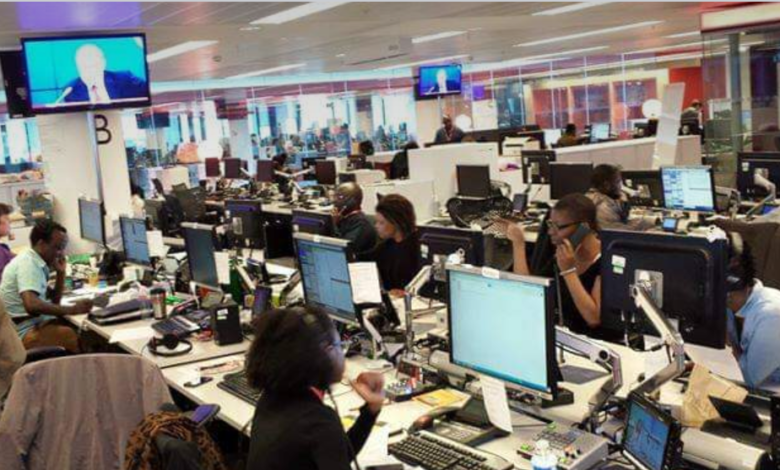
Understanding Communication: The Key to Effective Human Interaction
Meta Description: Communication is the cornerstone of human interaction, enabling the exchange of ideas, information, and emotions. This SEO post explores the essence of communication, its components, and the importance of effective communication skills in personal and professional relationships.
Introduction:
Communication is an essential aspect of our daily lives, shaping our interactions, relationships, and understanding of the world. In this SEO post, we delve into the essence of communication, highlighting its components and emphasizing the significance of effective communication skills in fostering meaningful connections.
- Defining Communication:
Communication can be broadly defined as the process of transmitting and receiving information, ideas, and feelings between individuals or groups. It involves the exchange of messages through verbal and non-verbal cues, allowing individuals to convey thoughts, emotions, and intentions.
- Components of Communication:
a. Sender: The sender initiates the communication process by encoding thoughts, ideas, or emotions into a message to be conveyed.
b. Message: The message is the content or information being transmitted by the sender. It can be expressed verbally, in writing, or through non-verbal cues such as body language or facial expressions.
c. Channel: The channel refers to the medium or method used to transmit the message. It can be face-to-face conversations, phone calls, emails, text messages, or various forms of digital communication.
d. Receiver: The receiver is the individual or group who receives and decodes the message sent by the sender. The receiver’s interpretation and understanding of the message are crucial to effective communication.
e. Feedback: Feedback is the response or reaction provided by the receiver to the sender’s message. It enables the sender to gauge the effectiveness of their communication and adjust if needed.
- Importance of Effective Communication:
a. Building Relationships: Effective communication fosters strong relationships by promoting understanding, empathy, and trust. It allows individuals to connect on a deeper level, leading to better personal and professional interactions.
b. Enhancing Collaboration: Clear and effective communication is vital for successful collaboration and teamwork. It enables individuals to share ideas, delegate tasks, and resolve conflicts, leading to increased productivity and synergy.
c. Expressing Thoughts and Emotions: Communication provides a platform for expressing thoughts, feelings, and emotions. It allows individuals to share their perspectives, concerns, and experiences, facilitating mutual understanding and empathy.
d. Facilitating Problem-solving: Effective communication plays a pivotal role in problem-solving. By clearly conveying issues, actively listening, and engaging in constructive dialogue, individuals can work together to find solutions and resolve conflicts.
e. Promoting Personal and Professional Growth: Strong communication skills are essential for personal and professional growth. Effective communicators are more likely to be successful in negotiations, presentations, leadership roles, and building influential networks.
Conclusion:
Communication is the lifeblood of human interaction, enabling the exchange of ideas, information, and emotions. By understanding the components of communication and honing our communication skills, we can foster stronger relationships, enhance collaboration, express ourselves more effectively, and promote personal and professional growth. Embrace effective communication as a powerful tool for meaningful connections and watch as it positively transforms your interactions and experiences.
arewanahiya.com






